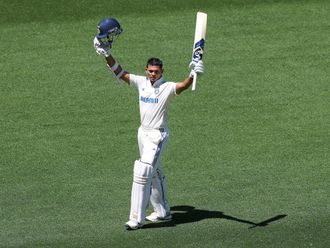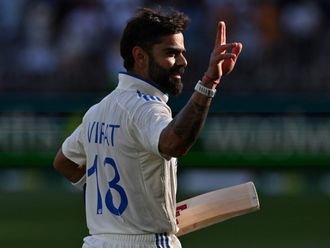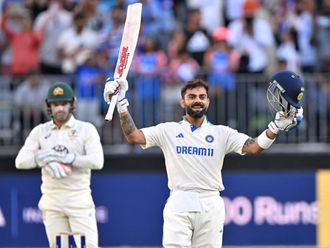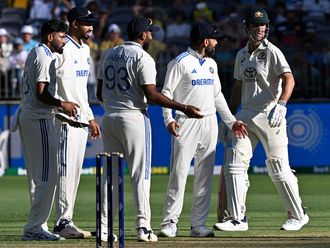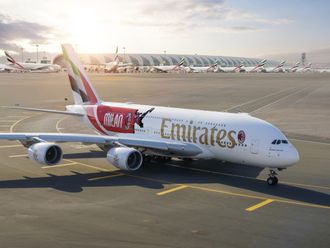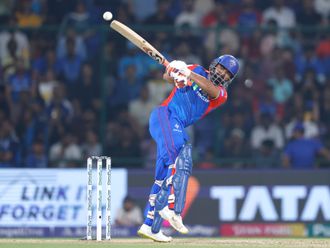Dubai: The International Cricket Council (ICC) on Friday charged former Sri Lankan cricketers Nuwan Zoysa and Avishka Gunawardene — with four and two counts respectively — for breaching the Emirates Cricket Board (ECB) Anti-Corruption Code for Participants in the T10 League.
The charges relate to the T10 Cricket League played in the UAE last December.
The ICC was appointed by the ECB as the Designated Anti-Corruption Official for the purposes of the ECB’s Code for this tournament and as such are issuing these charges on the ECB’s behalf.
Zoysa, who played 30 Tests and 95 ODIs for Sri Lanka, has been charged with for “being party to an agreement to influence improperly the result, progress, conduct or other aspect[s] of a match; directly or indirectly soliciting, inducing, enticing, instructing, persuading, encouraging or intentionally facilitating any Participant to breach the Code; failing to disclose to the ACU full details of any approaches or invitations received to engage in corrupt conduct under the Code; and failing or refusing, without compelling justification to cooperate with any investigation carried out by the ACU in relation to possible corrupt conduct under the Code”.
Last October, Zoysa was suspended by the ICC after being charged with three breaches of the Council’s Anti-Corruption Code, which are pending determination.
The provision suspension remains in full force, said the ICC in a statement.
Gunawardene, who featured in 61 ODIs and six Tests, has been charged with “directly or indirectly soliciting, inducing, enticing, instructing, persuading, encouraging or intentionally facilitating any participant to breach the Code; and failing to disclose to the ACU (without unnecessary delay) full details of any incident, fact, or matter that comes to the attention of a participant that may evidence corrupt conduct under the Code by another participant”.
Like Zoysa, Gunawardene has also been provisionally suspended under the ECB Code pending the determination of these charges.
Both of them have been given two weeks to respond to the charges.


